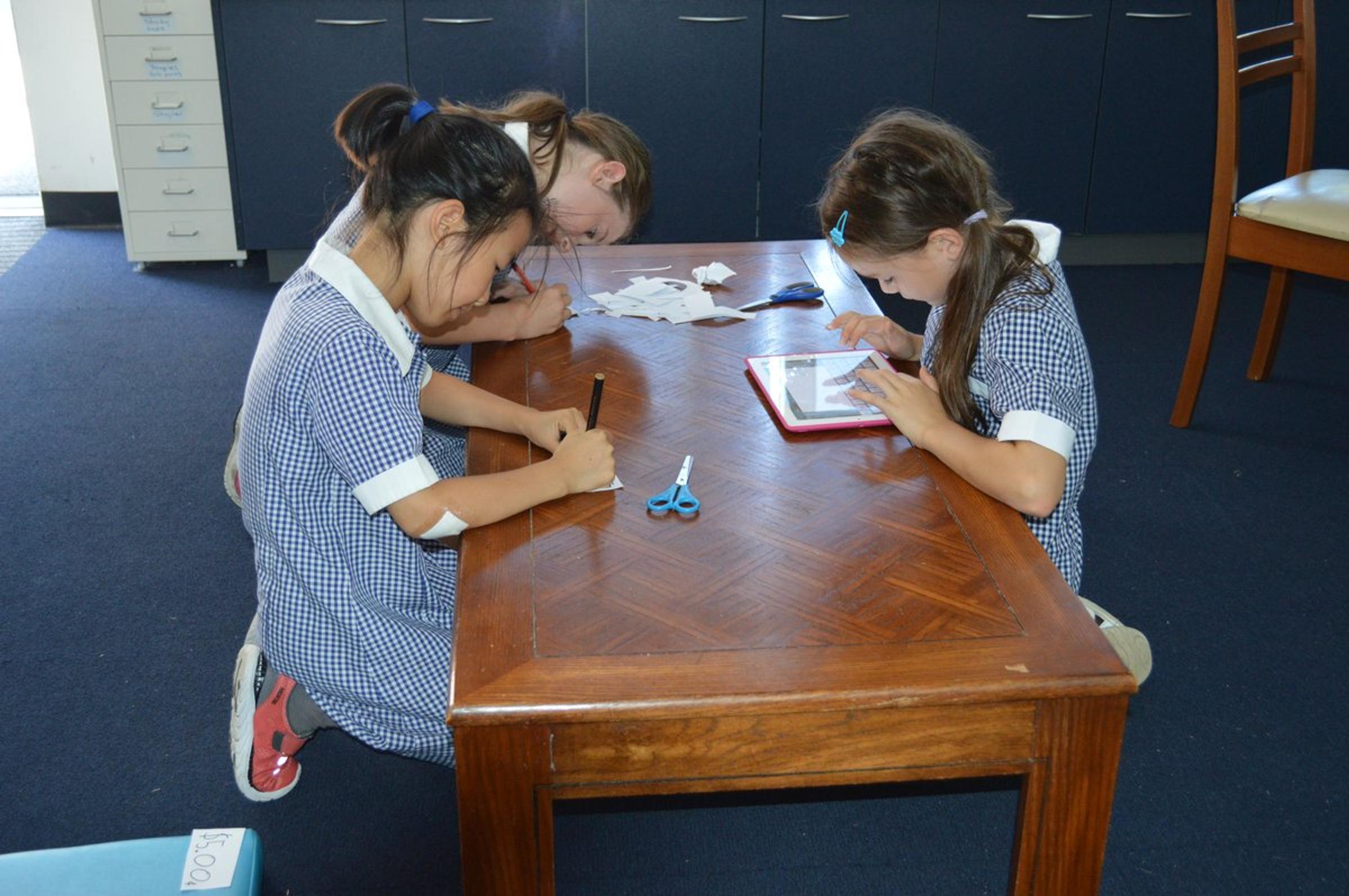Learning Environment Research

Thank you
The Torrens Professional Learning Team would like to thank all parents who attended our Torrens Community Evening. It was great to see so many parents and hear so many positives about the building and the learning environment that we have developed with our children.
Following on from our open forum discussion about sitting at desks and chairs with backs and how a couple of parents felt that this would have a detrimental affect on children later in life - neck and back pain, we felt it important to address the issue and follow up with some background reading and research.
Unfortunately, there currently isn't a great deal of research to support the negative or positive impacts but we did find several interesting articles.
'Sitting down in a chair does funny things to our bodies. And that’s not even mentioning the extensive (and growing) literature showing how sitting for too long increases mortality and degenerative disease.'
'A New Zealand study found that workers who spent an inordinate amount of time sitting at their desks were at a higher risk of developing deep vein thombrosis (DVT). Workers who used computers while sitting were at an even higher risk.'
'If standing isn't an option, try using a stool to sit. Humans used stools (also chests, or anything backless) for centuries before chairs became common, so we can definitely manage without the support. You’ll probably have to consciously maintain the arch in your back (like you’re deadlifting) at first, but in time your muscles will strengthen and you’ll grow accustomed to the position.'
Click here to read more about Mark's Daily Apple. There are some good suggestions for exercises to improve posture if that is something families are worried about.
Another article we looked at was from Alberta Health Services click here to read the article.
Our Professional Learning Community at Lockleys North is committed to high quality teaching and learning. This is not an experiment that we are testing - rows of tables and chairs from the classrooms of the 19th and 20th centuries are not returning any time soon.
A flexible learning environment allows children to be responsible for their own learning and increases their level of engagement. If children get distracted, they will be expected to move away from distractions. If they are uncomfortable, they are allowed to get up and move somewhere more comfortable or at least have a brain break - to eat fruit or exercise - before returning to their learning.
We are helping to develop the creative thinkers, highly accomplished communicators, effective collaborators and leaders of the future - we trust and believe in them to be the very best they can be.
Empowering Learners
Many of our staff will be presenting at the forthcoming Parent Education Forum on Wednesday 4th March in The Tirkandi Library at 6:30pm.
We will be discussing Assessment for Learning with clear learning intentions, the Inquiry Process with lots of questions and Engaging Learners in Collaborative Learning Environments.
Please join us to continue your journey into what education looks like in 2015. It will be great to see as many of you that can make it.
